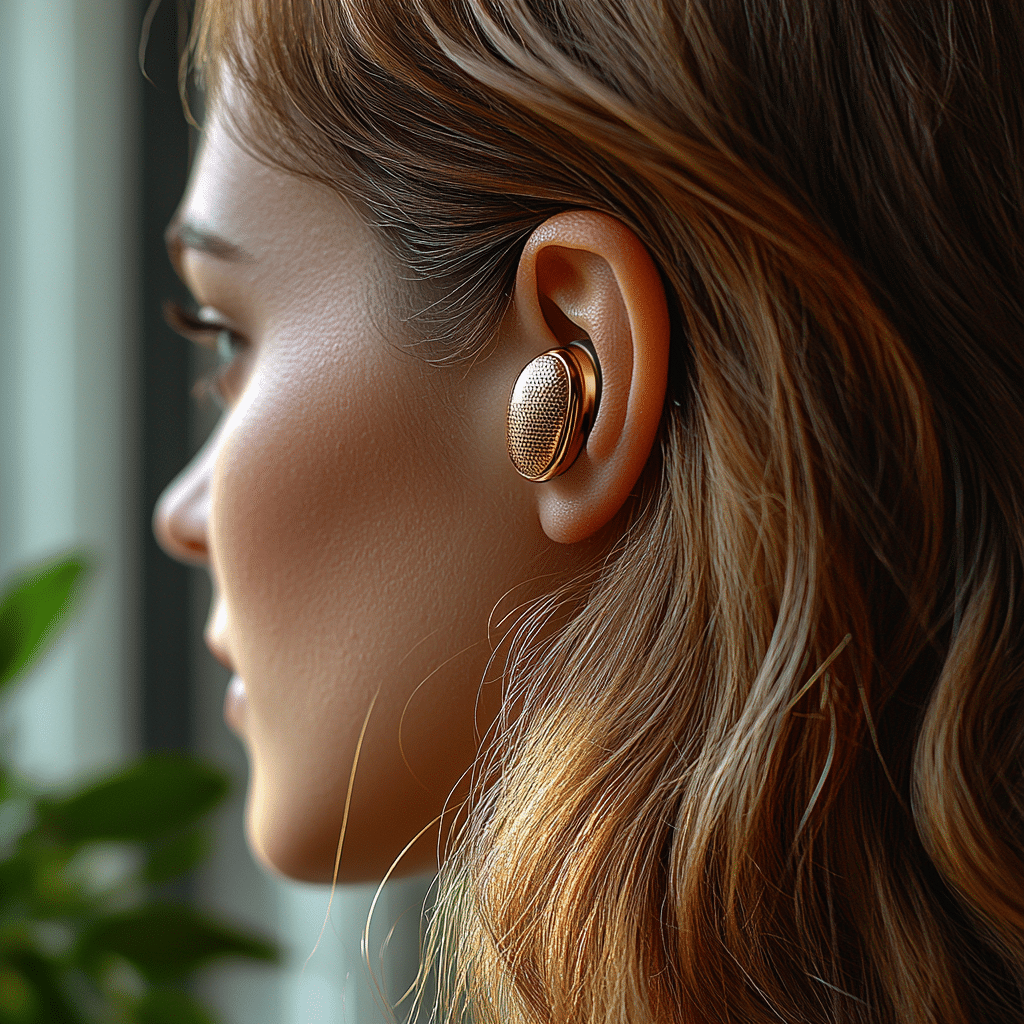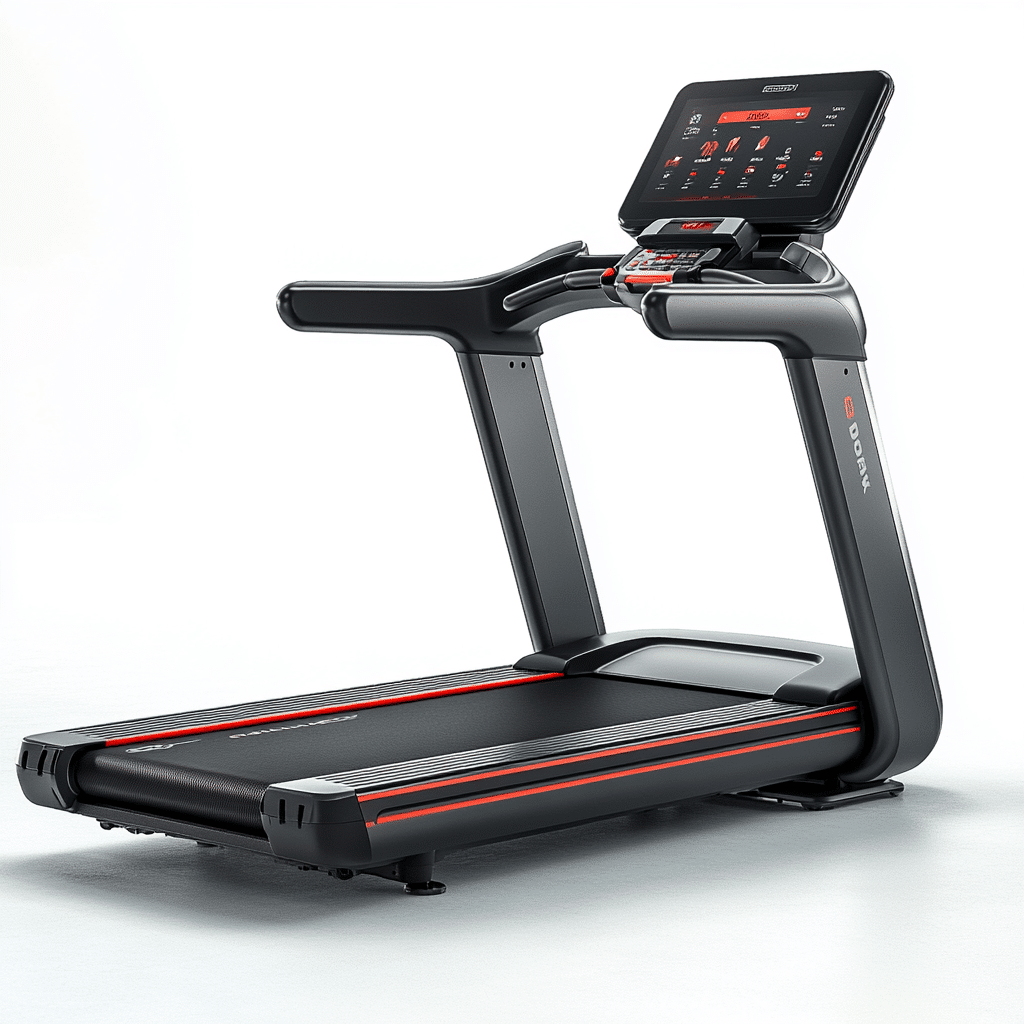When it comes to the question, does Medicare cover hearing aids, many Americans find themselves in the dark. The stark reality is that for millions navigating the health challenges that come with age, understanding the coverage options is essential. Unfortunately, traditional Medicare, or Original Medicare, which includes Part A (hospital insurance) and Part B (medical insurance), does not cover hearing aids. This gap in coverage forces many seniors to search for other alternatives or supplemental insurance plans.
Understanding Medicare Coverage for Hearing Aids
Medicare Part A and Part B Explained
So, let’s break it down. Medicare Part A mainly takes care of hospital stays, skilled nursing facility care, hospice, and some home health care. Meanwhile, Part B covers medical services such as outpatient care and routine doctor visits. While you might get a hearing exam under Part B, don’t expect coverage for hearing aids themselves. This lack of coverage means that if you need a hearing aid, you could be staring down a hefty bill. Many folks are surprised to learn that while bone density tests and blood pressure screenings can be covered, hearing aids aren’t part of that deal.
A Disheartening Gap
It’s only logical that as we age, maintaining hearing health becomes crucial. Sadly, the absence of hearing aid coverage in Original Medicare creates a financial burden for those who need them. For instance, a single hearing aid can cost anywhere from $1,000 to $4,000. Without coverage, those costs land squarely on the shoulders of the patients. Talk about a tough financial pill to swallow!
Understanding the Limitations
To put it plainly, the exclusion of hearing aids from Medicare’s plan makes access to these essential devices a financial hurdle. This is something that low-income seniors, in particular, have to wrestle with. It’s a classic case of a system designed without consideration of all the needs of older adults. The absence of hearing aids in Medicare coverage also raises questions about the implications for hearing health among the country’s elderly population.

Top 5 Medicare Options for Hearing Aid Coverage
Since does Medicare cover hearing aids is a no-go, it’s time to explore some alternatives that could lighten the financial load. Here are the top five options for consideration:
1. Medicare Advantage Plans
Medicare Advantage Plans, often called Part C, can come to the rescue. Some of these plans provide additional benefits that include coverage for hearing aids. For example, companies like UnitedHealthcare and Humana have plans that might offer significant discounts for hearing aids. Of course, it’s vital to compare your options. Each plan varies by provider and region, so doing a bit of homework could save you some serious cash.
2. Medicaid Assistance
Medicaid can also be a lifeline for hearing aid coverage, especially for individuals with lower income. The coverage levels vary drastically from state to state. For instance, in Illinois, Medicaid covers hearing aids entirely for eligible applicants, while Arizona has a mix that includes various services. It’s worth reaching out to local Medicaid offices to find out what’s available in your area.
3. Supplemental Insurance Plans
Another avenue to consider is Medigap policies. These supplemental plans can cover what Medicare leaves behind, including potential reimbursements for hearing aids. Companies like AARP or Mutual of Omaha offer various options that might fit your needs. Researching the specifics of each plan could mean the difference between comfortably affording a hearing aid and stretching your budget too thin.
4. Nonprofits and Assistance Programs
Don’t underestimate the power of charitable organizations! Groups like the Hearing Loss Association of America (HLAA) have resources to help those struggling with hearing aids. They maintain a list of assistance programs that offer free or low-cost hearing aids for those who qualify. Similarly, local Lions Clubs also support hearing assistance initiatives, so don’t hesitate to reach out to them!
5. Discounts and Payment Plans from Manufacturers
Manufacturers of hearing aids are not just selling devices; many offer discounts or payment plans to consumers. Oticon’s “My Well-Being” program is a perfect example. They work with patients to navigate financing options and can provide discounts based on income levels. Such programs can help ease the burden when purchasing hearing aids becomes an expense you didn’t anticipate.
The Importance of Preventative Care and Regular Hearing Checks
While figuring out if does Medicare cover hearing aids is essential, don’t forget to focus on preventative measures for maintaining hearing health. Knowing the signs and symptoms of hearing loss is critical. Early intervention could reduce the need for hearing aids in the long run.
Regular hearing checks are the way to go. These exams can help catch any significant deterioration early, allowing you to take steps to either manage or mitigate the loss. Ignoring the signs of hearing loss can lead to increased social isolation, so keeping informed helps you stay connected with loved ones and communities.

Technological Innovations and Their Impact on Hearing Aids
Let’s talk tech! Hearing aids have come a long way, thanks to constant advancements in technology. Features like Bluetooth connectivity, real-time noise cancellation, and smart adjustments have made using these devices easier and more effective. Companies like Starkey have revolutionized the hearing aid market with customizable hearing solutions that integrate seamlessly with your smartphone. These innovations make it more inviting for users, while also maintaining affordable options.
As technology progresses, users experience improved audio quality and personalization, ensuring that they stay engaged in conversations and activities. It’s definitely a game changer in the hearing aid world, empowering individuals to regain their auditory confidence.
Community Resources and Support Networks for Hearing Loss
Creating a support network can be invaluable when facing the challenges of hearing loss. Organizations like the American Speech-Language-Hearing Association (ASHA) provide community resources, workshops, and forums that foster connection among individuals dealing with hearing issues. These connections can facilitate emotional support and practical assistance—they’re worth their weight in gold.
Your local Area Agency on Aging (AAA) can also guide you toward community resources and assist you in navigating the maze of options for hearing aid coverage. Building a network of support not only makes dealing with hearing loss easier but can also enrich your social life.
Innovative Wrap-Up
At the end of the day, figuring out does Medicare cover hearing aids can feel like a daunting task. However, exploring alternatives such as Medicare Advantage plans, Medicaid assistance, and various community resources can provide solutions that meet both your sensory needs and financial situation. Keeping your hearing health a priority and seeking out support channels can empower you to navigate hearing loss effectively.
Whether it’s through innovative technology like Bluetooth-enabled hearing aids or leveraging financial aid programs, there are options available that can significantly enhance your quality of life. So, take that first step, do your research, and reclaim your connection to the world around you!
Discover exclusive deals on flowers at Walmart here. Interested in more entertainment? Check out this Xxz report. You might also want to explore who Which people are most attractive if you’re feeling curious about societal perceptions. Don’t forget to keep up with the latest sports updates using our Big East Tournament Bracket. If you’re into tech, learn about Vmware broadcom advancements and join us online!
Remember, you’re not alone in this journey. Seek out the resources, lean on your community, and tackle hearing loss head-on!
Does Medicare Cover Hearing Aids? Let’s Find Out the Truth Today
Understanding whether Medicare covers hearing aids can feel a bit like looking for a needle in a haystack. Many folks mistakenly believe that Medicare Part A and Part B provide coverage for hearing aids, but that’s not quite the case. Medicare typically covers medically necessary services but not the devices themselves. It’s a real twist in the tale, huh? But don’t despair! There are alternatives out there for those wanting to improve their hearing without breaking the bank. For instance, one might score valuable gadgets through a program like Best Buy Connect which often features tech discounts.
Now, let’s take a moment to explore some fun trivia related to hearing and listening. Did you know that the human ear can detect sounds as low as 20 Hz and as high as 20,000 Hz? That’s pretty cool! If you think about it, that range helps us enjoy everything from a gentle breeze to a catchy tune—just like how you can now snag stunning Walmart Flowers to brighten your day and enhance your auditory experience with a bit of music in the background. Those lovely blooms can positively impact your mood, making life a little sweeter.
You might also find it surprising that nearly 48 million Americans experience some degree of hearing loss. With such a vast number, it’s essential to explore options for those needing assistance. Some states even have programs offering resources and benefits tailored to hearing aid users. Think of it as finding a delicious snack, like Old Bay goldfish, for your ears! They provide a burst of flavor for your listening experience and can even help you hear better. Just remember, asking the right questions and seeking advice from specialists might just lead to some unexpected treasures.
Lastly, while Medicare coverage might not include hearing aids, learning about additional avenues like community programs can make a difference. It’s similar to discovering a hidden gem, like Will Bach kentucky, where you uncover great deals. And if you’re ever unsure about your options, checking resources like the Trump watches website could point you toward unique solutions worth considering. So, whether you’re navigating the Medicare maze or simply looking for ways to enhance your hearing, remember: knowledge is key, and a little trivia always adds some zest to the journey!

How to get free hearing aids for seniors?
You can find free hearing aids for seniors through programs listed on HearingLoss.org, the Hearing Aid Project, or your local Area Agency on Aging (AAA), which can connect you to financial assistance options in your area.
Will Medicare cover hearing aids in 2024 for seniors?
As of 2024, Medicare doesn’t cover hearing aids; however, if you’re enrolled in a Medicare Advantage plan, they may include hearing aid coverage among their benefits.
Why does Medicare not pay for hearing aids?
Medicare doesn’t cover hearing aids mainly due to the high costs associated with providing coverage to all beneficiaries, which has been a significant barrier to its inclusion in the program.
Is there a bill in Congress for Medicare to cover hearing aids?
There is a bill called H.R. 244 in Congress, known as the Medicare Hearing Aid Coverage Act of 2023, which aims to address the issue of hearing aid coverage in Medicare.
How much does Social Security pay for hearing aids?
Social Security doesn’t specifically pay for hearing aids; however, some assistance programs can help with the costs if you’re eligible.
Who is entitled to a free hearing aid?
Typically, people with low income or those on specific government assistance programs may qualify for free hearing aids, so checking local resources and charities can be helpful.
How do you get hearing aids when you can’t afford them?
If you can’t afford hearing aids, look into local charities, state programs, or organizations like the Hearing Loss Association that might provide financial assistance.
How much do hearing aids cost with Medicare?
Hearing aids are generally not covered under original Medicare, but costs can vary widely depending on providers, with many patients paying out of pocket, ranging from a few hundred to several thousand dollars.
Are Costco hearing aids covered by Medicare?
Costco hearing aids are not directly covered by Medicare, but you may be able to use your Medicare Advantage plan if it includes hearing aid benefits.
What is the number one rated hearing aid?
The number one rated hearing aid often varies based on new models and user reviews, but brands like Oticon, Phonak, and ReSound are frequently highlighted for their quality.
Will hearing aids be covered by Medicare in 2025?
There’s currently no official word on whether Medicare will cover hearing aids in 2025, and updates will depend on future legislation and policy changes.
What is the average cost of hearing aids?
Hearing aids can vary in cost, typically ranging from $1,000 to $4,000 per device, depending on features and technology.
What is the new law about hearing aids?
The new law about hearing aids refers to various state initiatives and potential federal actions to increase affordability and access, including the recent push in Congress for more coverage.
Does AARP Medicare cover hearing aids?
AARP Medicare Advantage plans may include hearing aid coverage, but it’s best to check the specifics of your plan to confirm what benefits are included.
Is the government giving away free hearing aids?
The government isn’t directly giving away free hearing aids, but there are various programs and resources available that can help provide assistance.
How much do hearing aids cost in 2024?
Hearing aids in 2024 can cost anywhere from $1,000 to $6,000 on average, including both basic and advanced models.
Will BCBS federal hearing aid coverage in 2024?
Blue Cross Blue Shield (BCBS) may offer hearing aid coverage in 2024, depending on the specific plan details, so checking with your individual BCBS policy is important.
What is the Medicare limit for 2024?
As for Medicare’s limits in 2024, they typically vary by geographical location, services provided, and coverage specifics, so it’s crucial to consult your Medicare resources for accurate information.
Are hearing aids tax deductible for seniors?
Seniors can deduct hearing aids as a medical expense on their taxes if they itemize deductions, as long as the expenses exceed the standard deduction thresholds.
How do you get hearing aids when you can’t afford them?
To get affordable hearing aids, explore resources like local health departments, non-profit organizations, and option programs designed to assist those in financial need.
Are hearing tests free for over 60s?
Hearing tests can be free for seniors at various community centers, hospitals, or through some Medicare Advantage plans, but it’s a good idea to check with local providers for specifics.
What is the cost of hearing aid for senior citizens?
Hearing aid costs for senior citizens generally range from $1,000 to $6,000 per aid, based on factors like technology and the provider’s pricing.
Does Medicare pay for hearing aids at Costco?
Medicare does not cover hearing aids purchased at Costco, but some Medicare Advantage plans might include coverage for them, so check with your plan for details.





















